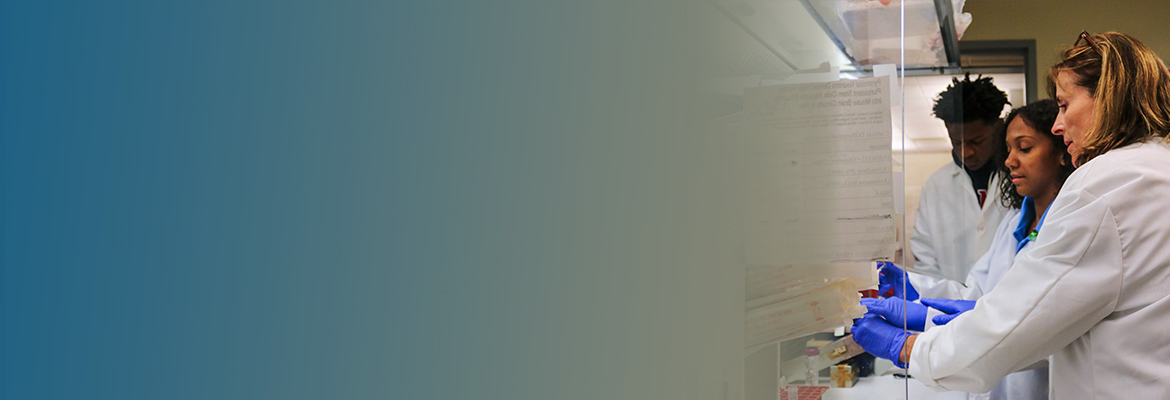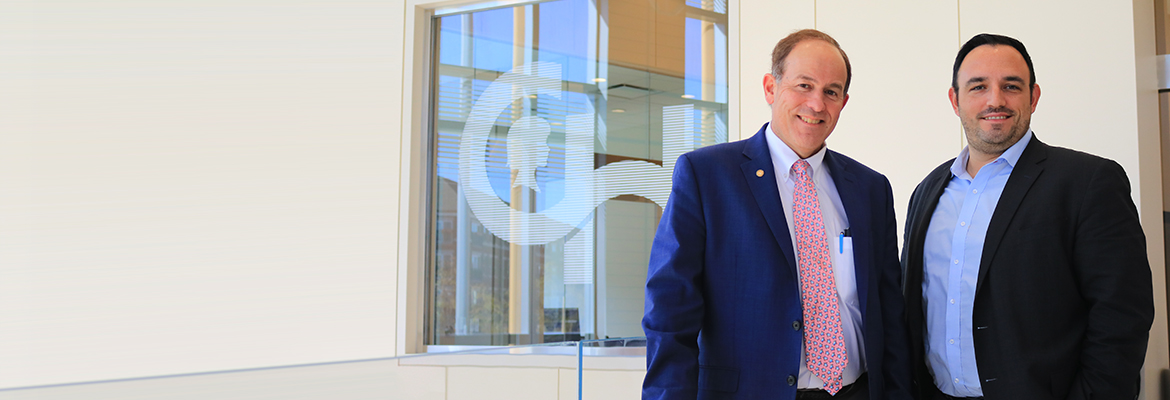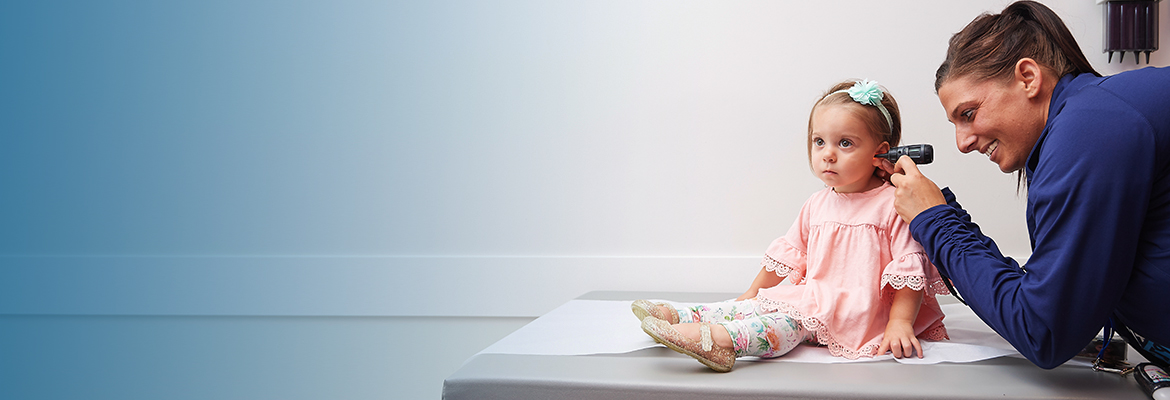The Research Institute expanded its awareness and support of Science, Technology, Engineering, and Mathematics (STEM) initiatives. Efforts from the Office of Academic Training and Outreach Programs (ATOP) and iSTEM, an employee resource group, have made significant impacts internally and externally. Together, they support STEM education and programming across Children’s Hospital of Philadelphia and beyond.
“When we all have a voice in STEM, there are no limits to what we can achieve,” said Paulette McRae, PhD, assistant director, Specialty Programs and Diversity.
ATOP’s backing of trainee populations within the Research Institute spans the educational spectrum including high school, undergraduate, and graduate students; and postdoctoral and physician fellows. CHOP-RISES, CRISSP, Discovery Day, and Young Men and Women in Charge Job Shadowing programs, are just a few of many STEM-focused programs administered through ATOP focused on our trainee populations and community engagement.
iSTEM seeks to promote breakthroughs in child health by improving the cultural competency of the STEM professional community at CHOP, by creating avenues for our patients and families to be exposed to STEM, and by providing educational opportunities to underrepresented youth in our community. iSTEM volunteers serve CHOP employees and the future scientific pipeline by addressing gaps and disparities in the biomedical science, technology, engineering, and math workforce. This group also partners with the Office of Diversity and Inclusion and the Office of Immigration and Visa Services.
“ATOP and iSTEM are fully committed to enhancing diversity and supporting inclusion for our employees, trainees, patients, families, and community members,” McRae said. “Generating excitement and engagement in STEM areas lays the foundation for building a representative STEM workforce.”





